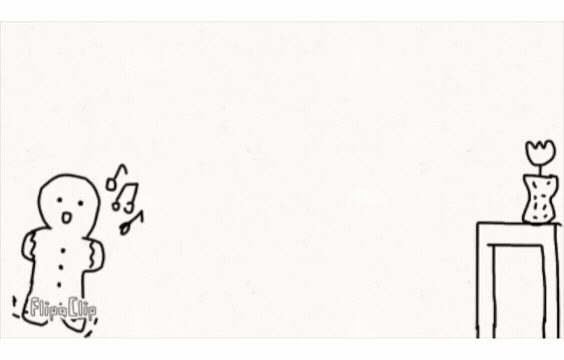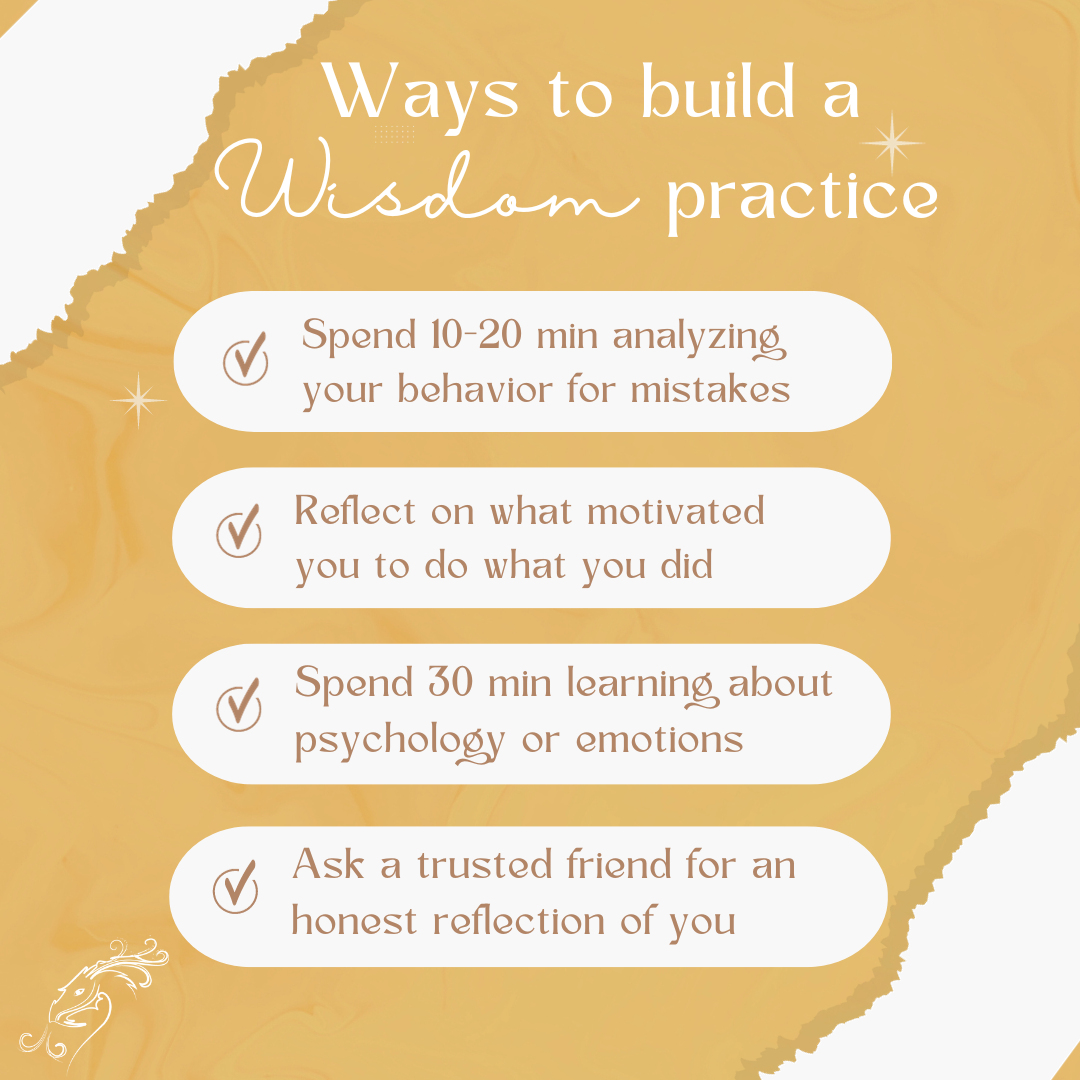I talked with someone last week who was very invested in making sure he was learning from his failures.
“Great idea,” I said, “but how are you doing that?”
He had no answer.
How many times in life do we walk down a street with a hole in it, and end up falling in the same hole, even though we’ve been there before?
As this poem by Portia Nelson says, first we don’t see the hole. We fall in it. It takes a long time to get out.
Then, we pretend we don’t see the hole, and still fall in it.
Later, we do see it, but we still fall in the hole.
 Or like when you stub your toe on that table leg for the one hundredth time.
Or like when you stub your toe on that table leg for the one hundredth time.
Credit: artcedventure
When it comes to developing trust in ourselves, we need to figure out how to more quickly recognize the holes we fall in, and more than that, learn to avoid them altogether.
I’ll share with you what I told that man last week: if you don’t have a structure for assessing and retaining what you learn, you won’t remember it. You can’t become wiser without some kind of wisdom-building practice.
Life is too busy and distracting. There’s always something else that will grab your immediate attention.
But just like learning any skill, if you devote time and focus to it, you can start to see those holes in the street ahead of time, avoid them, and eventually walk down an entirely different street.
Here are a few self-assessment questions so you can see what you’re currently doing to learn from your mistakes:
How much time per week are you spending on analyzing your behavior for mistakes?
I’m not talking about spending time beating yourself up or wishing it had gone a different way. Just objectively looking at what you did and what the results were.
How often are you reflecting on what motivated you to do what you did?
Digging in to what motivated you to do something will give you so much good data about your regular patterns and triggers…so you can better estimate what may happen next time.
How much time do you spend learning about emotional intelligence and/or psychology, in order to better understand yourself?
This could be reading books, listening to podcasts, or even openly chatting with friends about your similarities and differences of how you feel and why you do stuff.
How often do you ask a trusted friend for honest reflection on how you’re showing up in the world?
Instead of pure reassurance or criticism, an example would be more like a friend saying something like, “I notice when this situation happens, you seem to get tense.”

When you take a look at your answers to these questions, you may see where you could devote some more time to better understanding yourself and then preventing more of the same old mistakes in the future.
Even ten minutes a day can make a huge difference.
p.s. Could you use some support and accountability for doing this inner reflection? I’m here to give you the structured time, education, and focus to really understand yourself and develop unshakeable self-trust. If you’re ready to shed some anxiety and build your self-trust with a dedicated and caring community? Let’s talk. Book a time to chat with me.
Enjoy this post? Subscribe to my newsletter for more.
